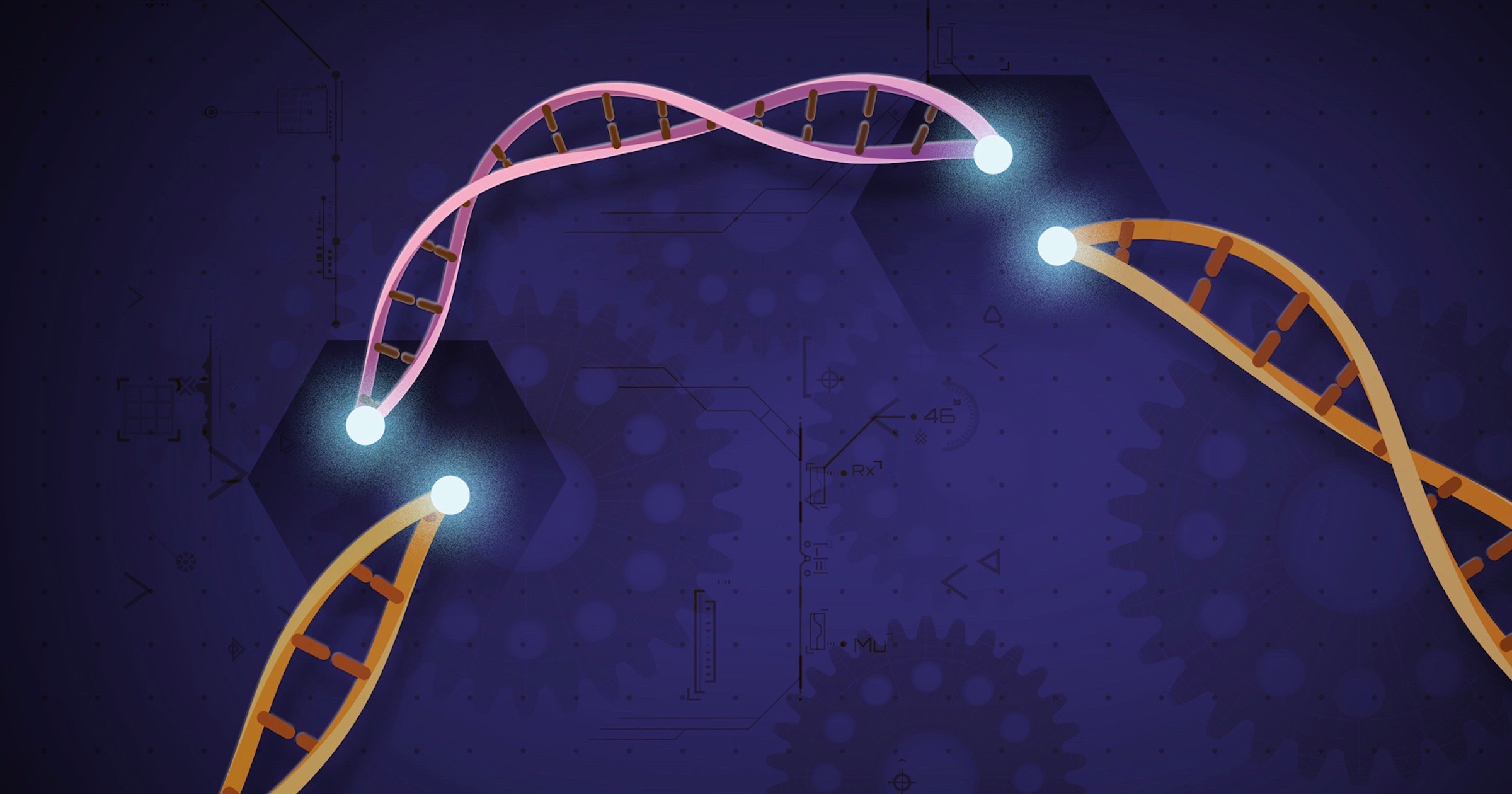 Culture & Ethics
Culture & Ethics
 Medicine
Medicine
Sound the Alarm on Germline Genetic Editing

On a new episode of ID the Future, bioethicist Wesley J. Smith makes the case for passionate opposition to, and stricter bioethical regulations against germline genetic engineering that changes not only the genetics of the subject but also of all that subject’s descendants. He and host Casey Luskin discuss germline genetic editing in China, the brouhaha that ensued when the experimental work by He Jiankui came to light, and why Smith is convinced that China’s disapproving response is less than it appears on the surface. He’s convinced, he explains, that the Chinese government wasn’t upset that the Chinese scientist conducted the experiment. They surely knew about his work and allowed it, Smith says. Rather, they and the scientific establishment internationally were upset that Jiankui went public before the public had been softened up to embrace germline genetic editing with lots of talk about how it will save lives.
Smith argues the health benefits being pursued can be achieved without permanently altering the germlines, and he warns of a brave new world of eugenics pursued using CRISPR technology and germline editing. As he explains, it’s not just that germline editing could lead to unintended health consequences, or that such changes could work their way into the human population in the long term. It’s also that the eugenics mindset driving much of this experimental work threatens to undermine the foundational belief that all humans possess inherent dignity and worth, not just those humans who are genetically edited and enhanced.
The occasion for the conversation is Smith’s bioethics chapter in the recently released anthology from Harvest House, The Comprehensive Guide to Science and Faith. Download the podcast or listen to it here.
